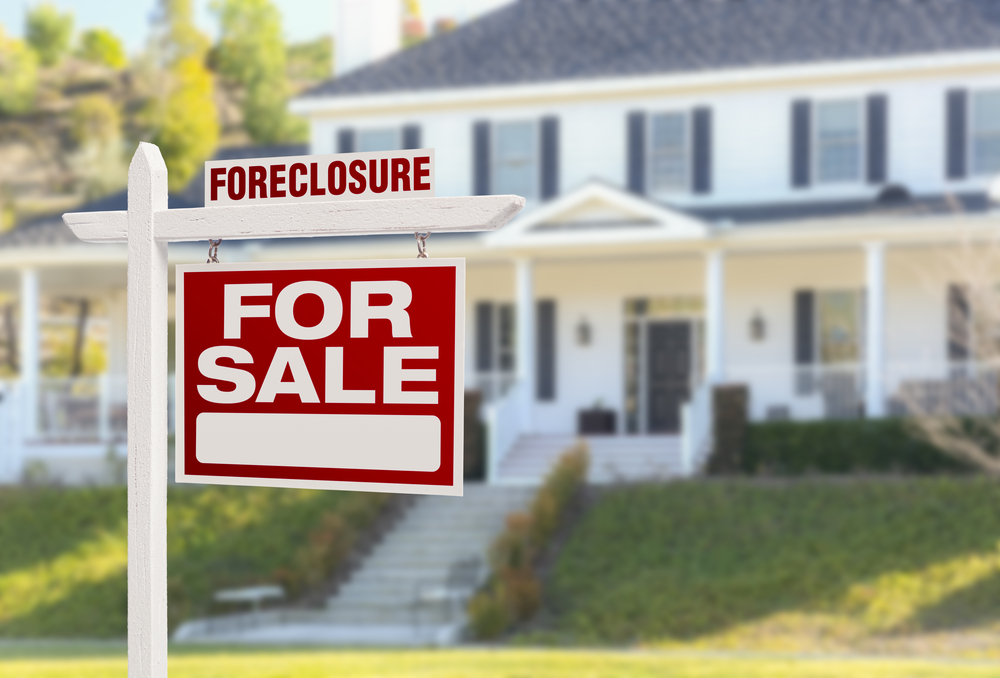Foreclosed Homes: Pros and Cons
Discover the advantages and disadvantages of purchasing foreclosed homes. Learn about the potential savings, investment opportunities, and associated risks involved in buying distressed properties. Make an informed decision with a comprehensive guide on foreclosed homes.
Purchasing a home is one of the most significant investments a person can make in their lifetime. Among the various options available to potential homebuyers, one avenue that often attracts attention is the purchase of foreclosed homes. A foreclosed home is a property that a bank or a financial institution owns due to the previous homeowner's failure to pay the mortgage. While these homes are often more affordable, they also come with unique challenges. This article seeks to explore the advantages and disadvantages of buying foreclosed homes, shedding light on the critical considerations that potential buyers must bear in mind.

Pros of Buying Foreclosed Homes
- Lower Purchase Price
The most appealing advantage of buying a foreclosed home is the potential to secure the property at a lower price than the market rate. Banks are not in the business of managing homes; they are interested in recovering their losses, making them more likely to sell at a price that, while above their owed debt, is below the market value.
- Good Investment Opportunity
Foreclosed homes can present a solid investment opportunity. If the buyer manages to purchase the property at a significantly lower price, they can resell it at a profit once the market recovers or rent it out for steady income.
- Potential for Quick Purchase
Foreclosed homes can sometimes lead to faster closing times. Since banks are often eager to offload these non-performing assets, they may expedite the sale process, allowing buyers to take possession of the property quicker.
Cons of Buying Foreclosed Homes
- Condition of the Property
One of the significant downsides to buying a foreclosed home is the condition of the property. These homes may have been vacant for a long time or poorly maintained, leading to potential issues like structural damage, mold, or pest infestations.
- Potential for Additional Costs
The lower purchase price of foreclosed homes can be misleading as buyers may need to invest significantly in repairs and renovations. These additional costs can quickly add up, offsetting the initial savings from the purchase price.
- Uncertain Property History
With a foreclosed home, there is often little to no information about the property's history, such as previous renovations, repairs, or issues. This uncertainty can lead to unforeseen problems down the line.
- Complex and Lengthy Purchase Process
Buying a foreclosed home can be a more complicated process than a conventional home purchase. There may be additional paperwork, stricter regulations, and possibly a longer wait time for approval.
Foreclosed Home Listings Providers
If you're interested in buying a foreclosed home, several online platforms provide listings. Sites like Zillow offer comprehensive listings of foreclosed properties, while Foreclosure.com focuses exclusively on foreclosed and distressed properties. RealtyTrac is another platform known for its extensive database of foreclosure listings.
Purchasing a foreclosed home can offer a unique opportunity for homebuyers and investors alike. The potential for a lower purchase price and a quick purchase process can be attractive. However, the potential drawbacks such as the condition of the property, hidden costs, uncertain property history, and a more complex purchase process should not be overlooked. It is crucial to conduct thorough due diligence and possibly engage professionals' help to navigate this process successfully. Like any investment, purchasing a foreclosed home comes with its own set of risks and rewards, and the decision should be made carefully and thoughtfully.
